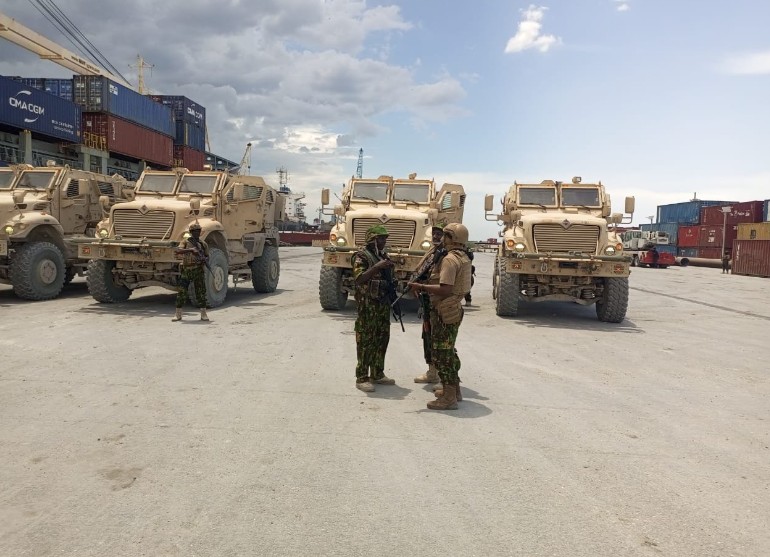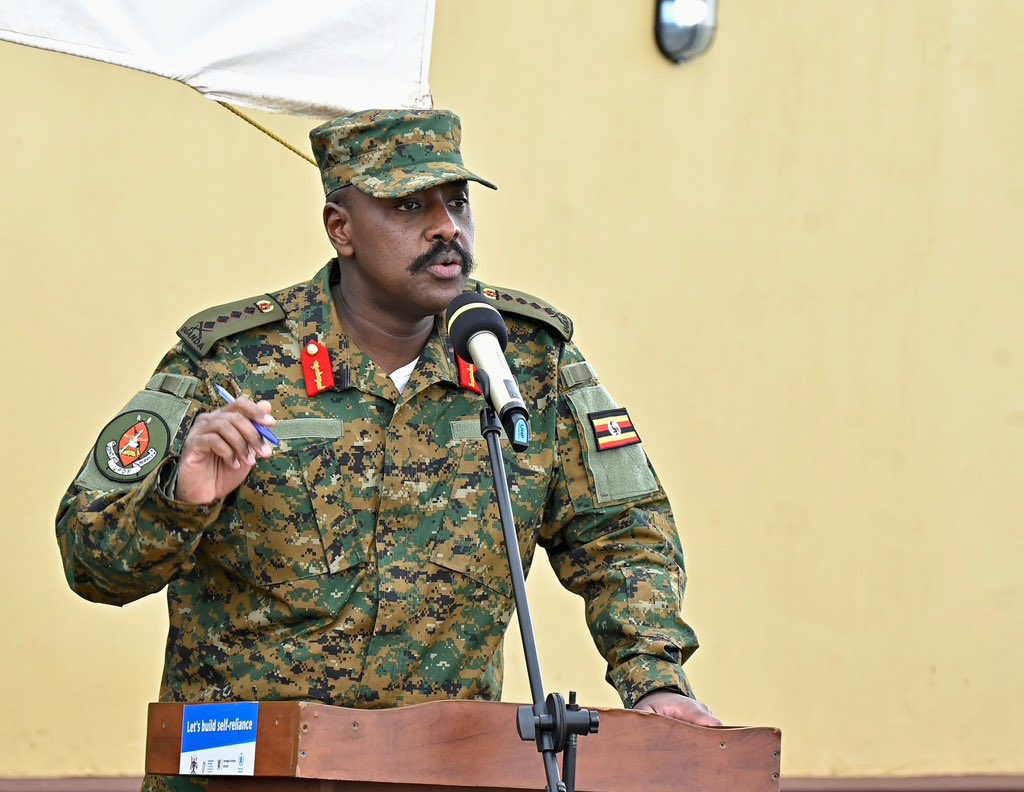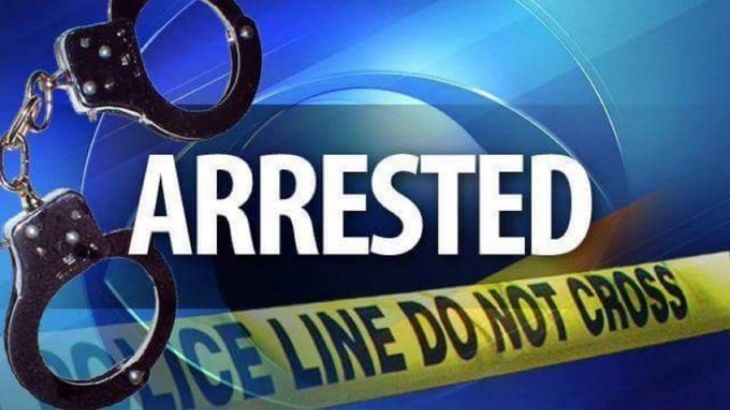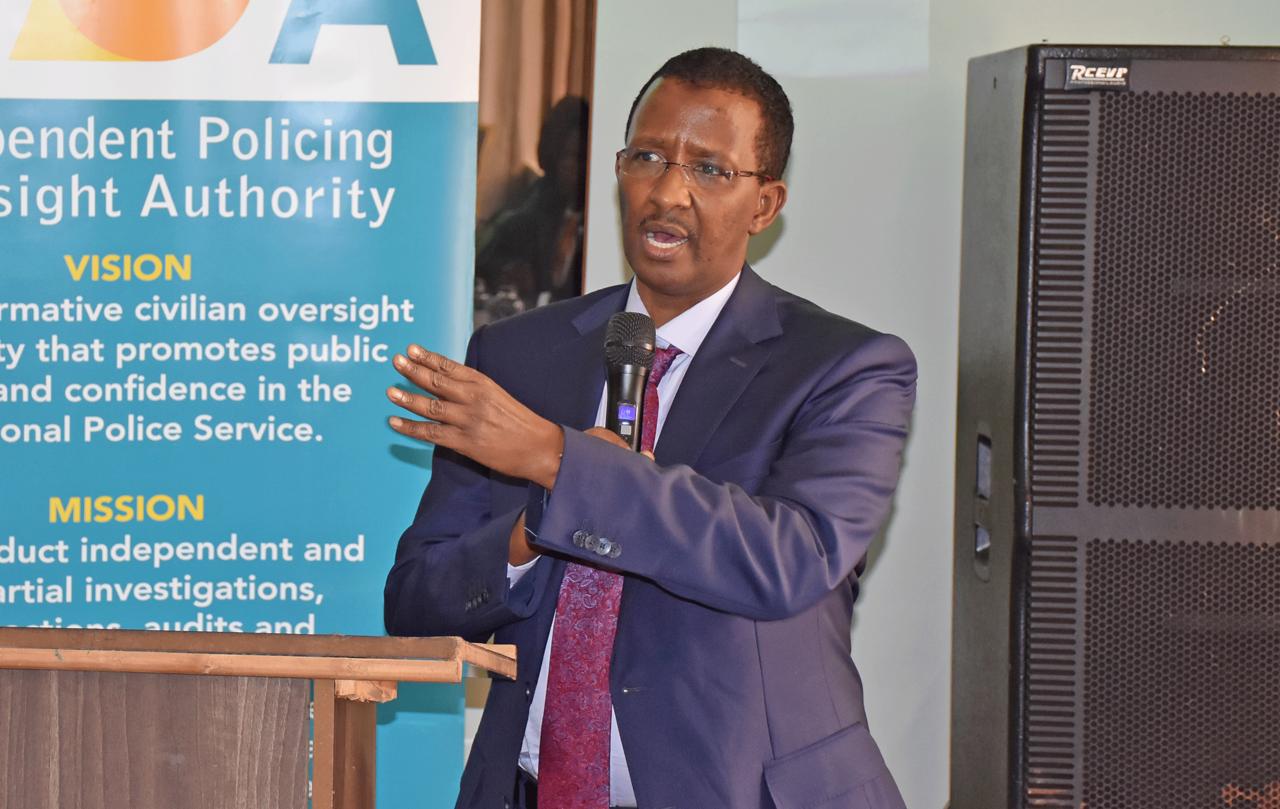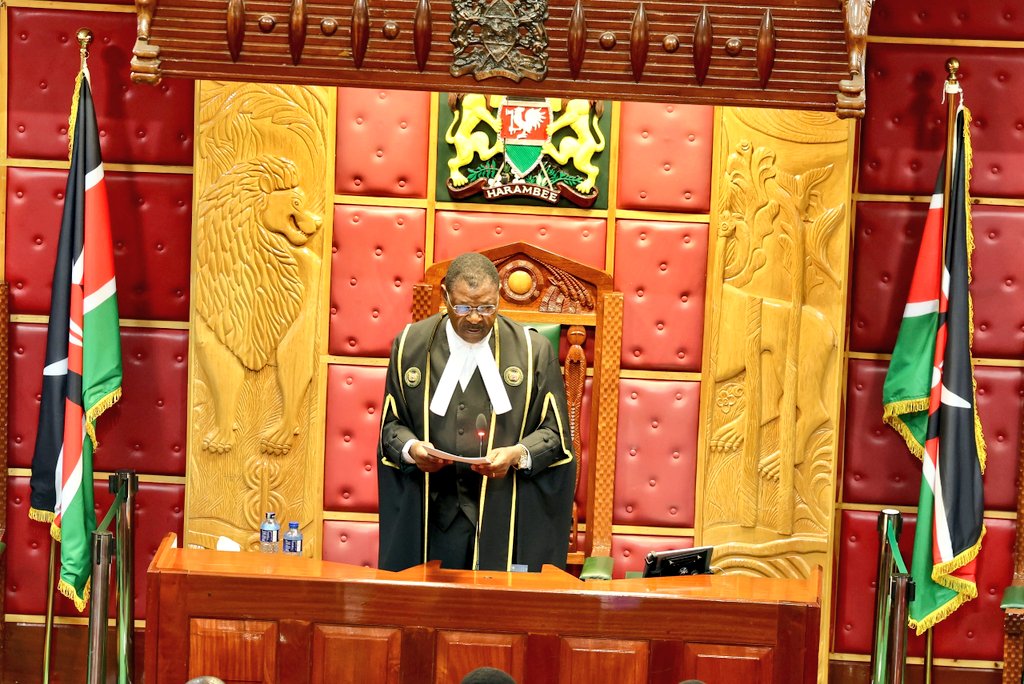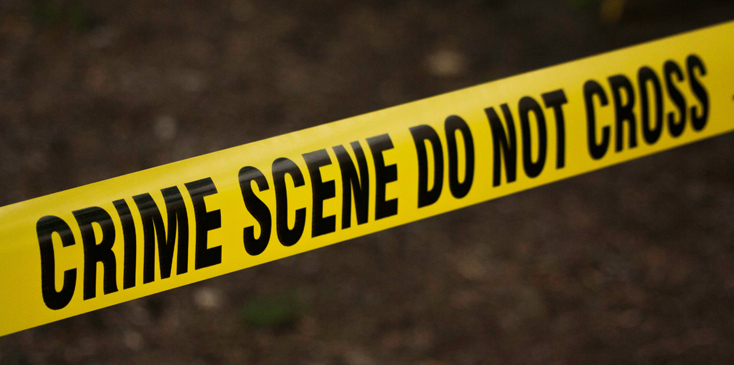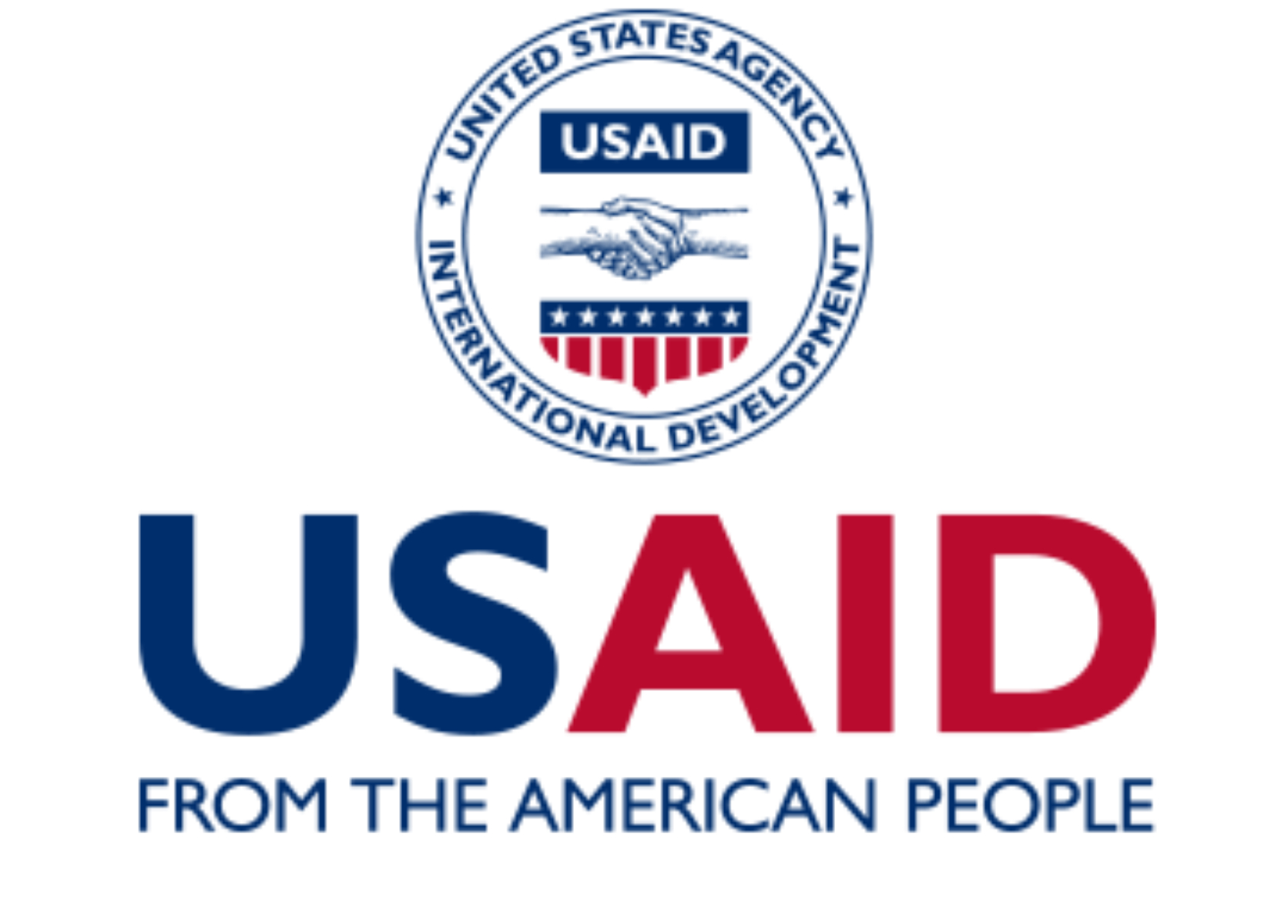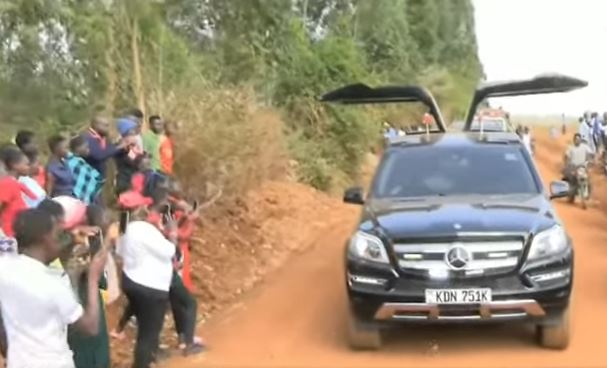Haiti gang leader ‘Barbecue’ warns of ‘civil war and genocide’
A powerful Haitian gang leader warned Tuesday that the chaos engulfing the capital Port-au-Prince will lead to civil war and ‘genocide’ unless PM Ariel Henry resigns.
The stark comments from Jimmy Cherizier, known as ‘Barbecue,’ came as Henry appeared to be struggling to fly home, with the main airport under attack and neighbouring Dominican Republic refusing permission for him to land.
Henry – who was supposed to step down last month – was out of the country last week when armed criminal gangs, who control large swathes of Haiti, launched a coordinated assault to oust him – leading to some calling Haiti ‘failed state’.
‘If Ariel Henry doesn’t resign, if the international community continues to support him, we’ll be heading straight for a civil war that will lead to genocide,’ Cherizier, a former police officer, told reporters in the capital.
‘Either Haiti becomes a paradise or a hell for all of us. It’s out of the question for a small group of rich people living in big hotels to decide the fate of people living in working-class neighbourhoods,’ the 46-year-old added.
Cherizier, who is under UN sanctions for human rights abuses and who denies his nickname has anything to do with burning people alive, has claimed responsibility for the latest surge in attacks in the nation long gripped by conflict.
Last year, more than 8,400 people were reported killed, injured or kidnapped, more than double the number reported in 2022.
The latest outbreak of violence, which over the weekend saw almost 4,000 inmates released from the country’s main prison, has led to Haiti being described as a ‘failed state’ by the US envoy to the country.
Dan Foote, who as the Biden envoy opposed calls for any American boots on the ground in Haiti, said a U.S.-led military intervention can no longer be avoided.
‘It’s an absolute necessity now,’ Foote said in an interview. ‘We’ve let this slide from worse to worst, all the while abdicating our responsibility to others. But nobody can argue that Haiti isn’t a failed state when the penitentiary gets emptied out.’
As the latest crisis in the violence-wracked Caribbean nation spiralled, gunfire shut down some flights at Toussaint Louverture International Airport in Haiti’s capital.
Henry was denied entry into the neighboring Dominican Republic, according to Dominican news group CDN.
On Tuesday evening a spokesperson for the governor’s office in nearby Puerto Rico confirmed his plane had landed there, at least briefly.
‘I don’t know if he’s still in Puerto Rico,’ Sheila Anglero told AFP by telephone.
Jean Tholbert Alexis, an official from Henry’s government, said on X on Wednesday that the Dominican decision not to allow the prime minister’s plane to land was an unprecedented ‘diplomatic blunder.’
In power since the 2021 assassination of president Jovenel Moise, Henry was due to step down in February but instead agreed to a power-sharing deal with the opposition until new elections are held.
Earlier on Tuesday, a police academy in the capital where more than 800 cadets are training came under attack by an armed gang.
The attack was repelled after the arrival of reinforcements, said Lionel Lazarre of the Haitian police union.
The unrest has left 250 Cubans stranded in Port-au-Prince after their flights were cancelled, according to the Havana office of Sunrise Airways.
‘When we were about to board the plane, they realized that the plane had a bullet hole,’ a 34-year-old Cuban passenger told AFP news agency via WhatsApp, on condition of anonymity.
Cherizier, who leads a group of gangs known as the ‘G9 Family and Allies,’ cites as a chief inspiration Francois ‘Papa Doc’ Duvalier, who ruled Haiti with ruthless brutality in the 1960s and 70s.
He said gunmen had committed harmful acts, but ‘I believe that society must forgive them and unite to rethink a new Haiti.’
Haitian officials have been pleading for months for international assistance to help their overwhelmed security forces, as gangs push beyond the city and into rural areas. The gangs are often better armed than Haitian police.
Henry had travelled to Kenya to push for the deployment of a UN-backed multinational police mission to help stabilise his country when the attempt to oust him began.
With him away, the gangs raided two Port-au-Prince prisons, in attacks that resulted in a dozen deaths and the escape of thousands of inmates.
‘They’re showing us that the police don’t matter,’ Bertony Junior Exantus, a resident of Delmas in Port-au-Prince who fled the violence, told reporters.
At least 15,000 people have recently evacuated the worst-hit parts of the capital, said Stephane Dujarric, spokesman for UN Secretary-General Antonio Guterres.
Due to limited movement, UN teams on the ground have been unable to report a death toll, Dujarric told reporters in New York.
The government has declared a state of emergency and nighttime curfew, while the UN Security Council has scheduled a closed-door meeting Wednesday.
In recent days, countries in the region have withdrawn embassy staff and advised their citizens to leave.
The Dominican Republic, which has had an often fractious relationship with its island neighbor, has sought to strengthen its border security and said it will not set up refugee camps for fleeing Haitians.
After being brought to a virtual standstill, Port-au-Prince appeared quieter Tuesday, although some streets remained barricaded by residents.
Some transport resumed and shops reopened, with long queues outside of stores, banks and at petrol stations.
In Washington, the State Department renewed a call for calm, though a spokesman declined to address the whereabouts of Haiti’s prime minister.
‘Armed gangs forced us to leave our homes. They destroyed our houses, and we’re on the streets,’ a man told AP who gave his name as Nicolas and is living in a camp.
Rights group Plan International said many were fleeing the capital for Artibonite, traditionally Haiti’s breadbasket farming region but whose residents are now facing food shortages as fighting spreads north.
Following an assessment of 500 testimonies, it found many families were skipping food for a day, over half of children were out of school, and a lack of money meant many felt they had no choice but to join gangs.
Some 30% to 50% of gang members are estimated to be minors, the group said.
Country director Allassane Drabo said girls were at particular risk of forced marriage, with parents unable to meet basic needs.
‘Widespread violence is robbing too many of their childhood, with girls being forced to swap schoolbooks and bread for guns and wedding dresses,’ he said.
‘I didn’t have time to take any of my things, not even my underwear,’ said Jasmine, who declined to give her last name, at a shelter. ‘I didn’t know what to do.’
Support from abroad has been scarce. The UN last year authorised a security mission but a deployment date has not been set.
As of late February, the UN said five nations had formally pledged troops, with less than $11 million deposited into a fund.
Humanitarian aid groups say they are chronically under-funded and workers have struggled to keep delivering services due to the violence.
Sinisa Vukovic, a senior conflict lecturer at Johns Hopkins University’s school of advanced international studies, said moving the capital to Cap-Haitien, which has a port and international airport, could help coordinate humanitarian support and launch the international force.’It would not be the first time that the government was temporarily relocated,’ he said, pointing to a disastrous 2010 earthquake.
‘Desperate times require drastic measures.’
The UN estimates the conflict has driven some 300,000 from their homes and that gangs have kidnapped nearly 2,500 – sometimes using videos of rape and torture to extort costly ransoms from victims’ friends and families.
Hoping to shore up public support, gang leader Cherizier said an alliance of gangs known as Viv Ansanm (Living Together) would soon release their hostages without ransom, local media reported on Tuesday.

